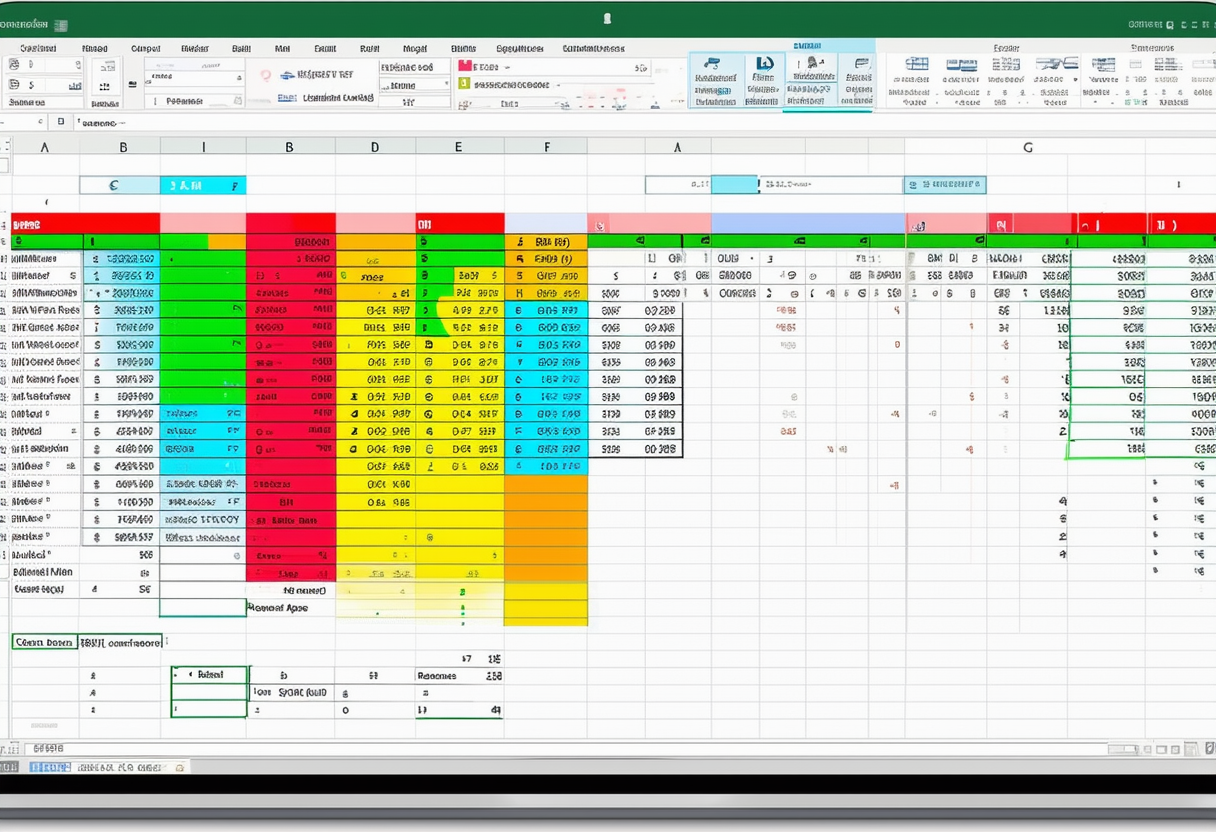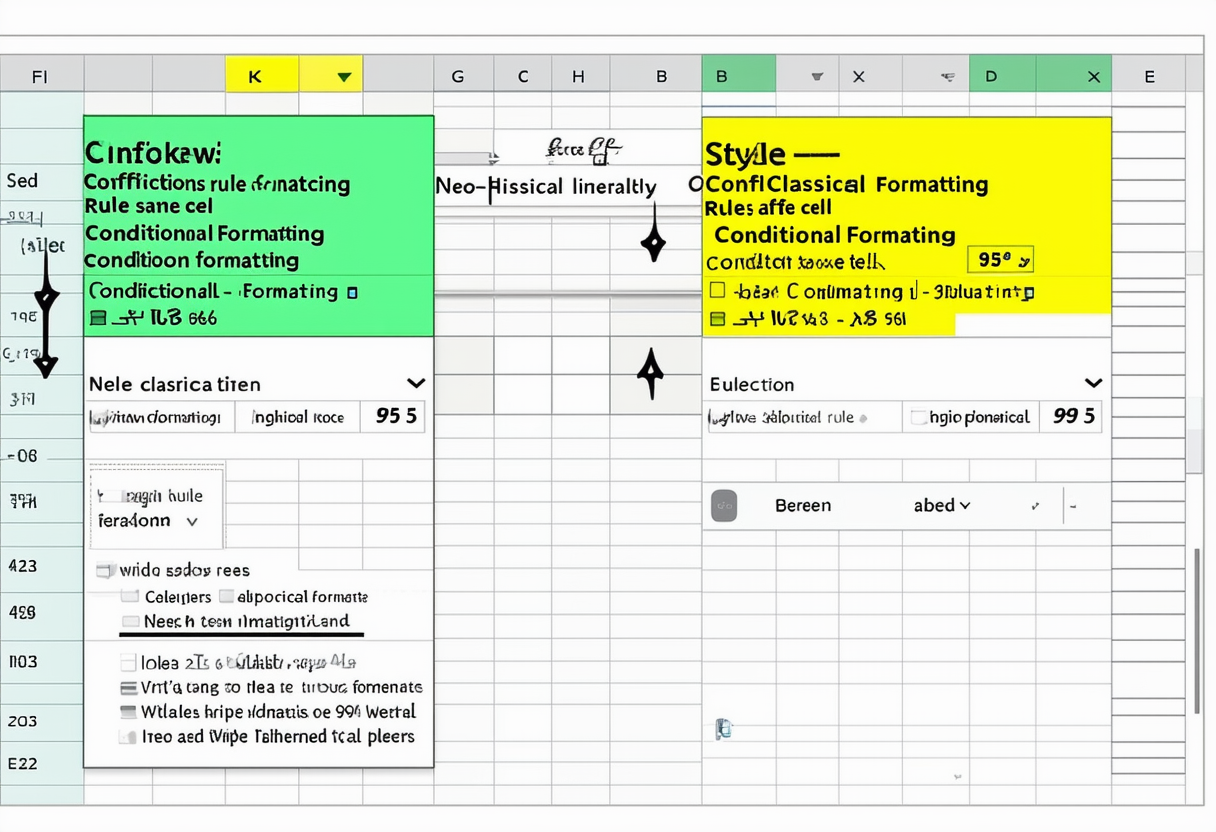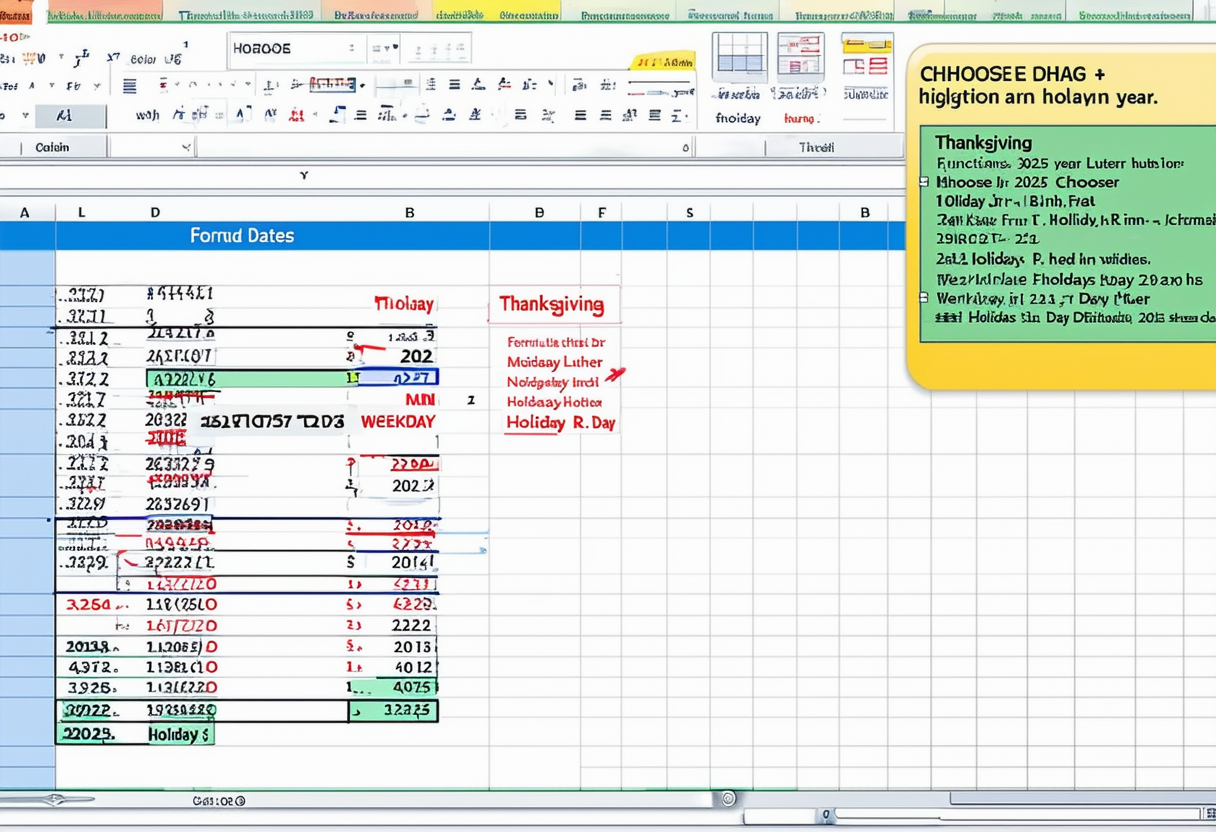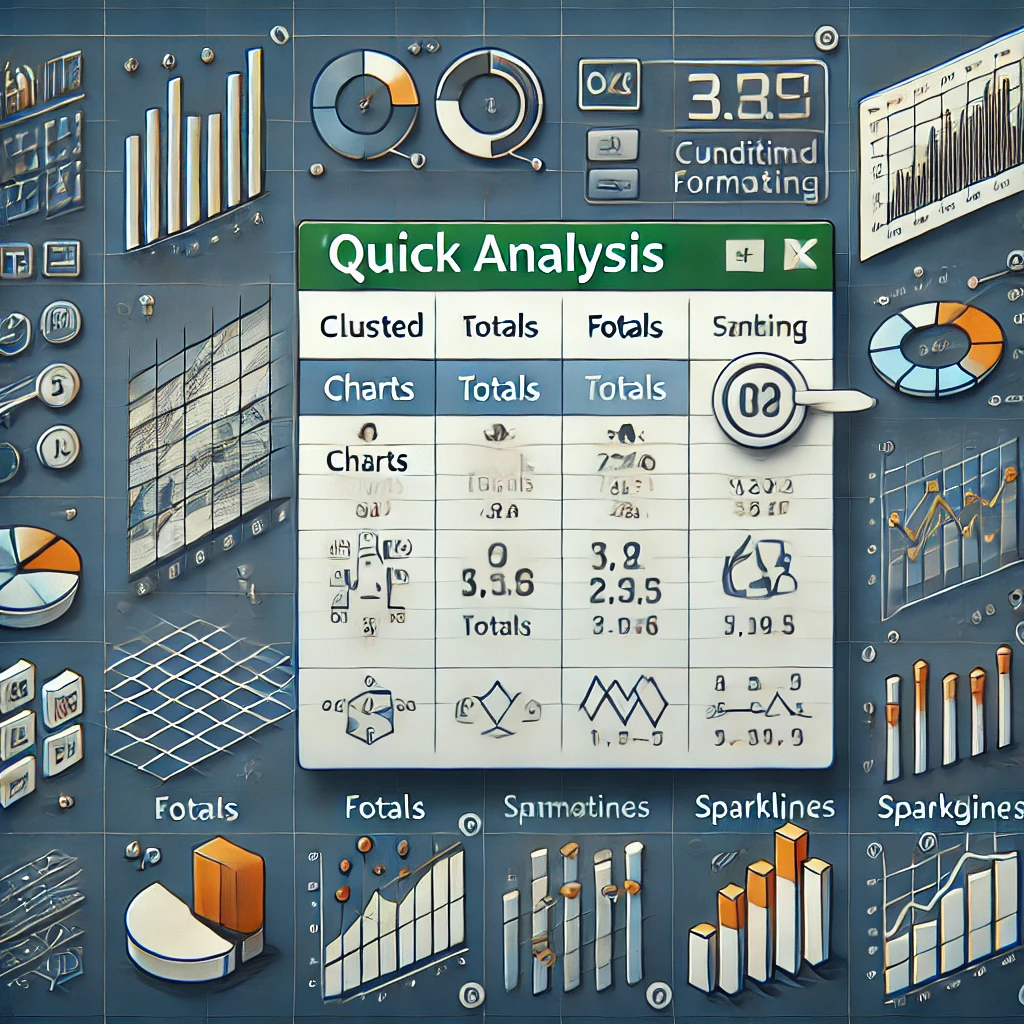Table of Contents
In the world of spreadsheets, Excel and Google Sheets stand as two towering giants, each offering a suite of powerful tools for data management. At the heart of these tools lies VLOOKUP, a function cherished by data enthusiasts for its ability to search and retrieve information from vast datasets. While VLOOKUP serves a similar purpose in both Excel and Google Sheets, there are subtle yet significant differences that can impact its usage and effectiveness. In this post, we will delve into two key differences: the handling of array formulas and the use of wildcard characters.
The Array Formula Challenge: Simplifying Complex Tasks
Excel: The Ease of Dynamic Arrays
In Excel, especially the newer versions, handling a list of items with VLOOKUP is a breeze. The application automatically understands that you want to apply the VLOOKUP function to each item in your list, thanks to its dynamic array feature. This means, if you have a column of product names and you want to find their prices, Excel seamlessly processes this without any need for special commands.
Why It Matters
This functionality is particularly beneficial for beginners or those who work with large datasets. It saves time, reduces the complexity of formulas, and minimizes the likelihood of errors. Excel’s user-friendly approach here demonstrates its power in handling complex tasks effortlessly.
Google Sheets: The ARRAYFORMULA Requirement
Google Sheets, on the other hand, requires a bit more manual intervention. To achieve the same result as Excel’s dynamic arrays, you must wrap your VLOOKUP function in an ARRAYFORMULA. This is Google Sheets’ way of saying, “Apply this function to each item in the range specified.”
Why You Should Care
Understanding the use of ARRAYFORMULA is crucial when working with lists in Google Sheets. It’s an extra step but offers flexibility and control over how your data is processed. For those who frequently switch between Excel and Google Sheets, being aware of this difference is key to ensuring smooth data management.
Wildcard Wonders: Enhancing Search Capabilities
Google Sheets: Embracing Wildcards
Google Sheets readily embraces the use of wildcards in VLOOKUP. The * wildcard can represent any sequence of characters, while ? represents any single character. This feature is incredibly useful when you’re unsure about the exact data you’re searching for or dealing with inconsistencies in data entry.
Practical Implications
Imagine you’re searching for a product name but only remember part of it. In Google Sheets, you can simply use * or ? in your VLOOKUP formula to find all relevant matches. This flexibility makes Google Sheets a powerful tool for searches in datasets with varied or incomplete information.
Excel: Version-Specific Wildcard Usage
In Excel, the ability to use wildcards with VLOOKUP is not as straightforward. Some versions of Excel support them seamlessly, much like Google Sheets, but others might not. This inconsistency can be a source of confusion and frustration for users who rely on wildcards for complex searches.
Why This Is Important
For Excel users, knowing whether your version supports wildcards is crucial. It affects how you approach data searches and may require alternative methods or additional functions to achieve the same results as in Google Sheets. This knowledge is vital for anyone who needs to perform advanced data lookups in Excel.
Conclusion: Embracing the Differences
Both Excel and Google Sheets are powerful tools in the realm of data management, and understanding their unique approaches to VLOOKUP can greatly enhance your productivity and data analysis skills. While Excel offers ease and efficiency with dynamic arrays, Google Sheets provides flexibility with its support for wildcards. By mastering these differences, you can unlock new levels of efficiency and effectiveness in your data handling tasks, whether you’re a novice or a seasoned pro.
Key Takeaways
- Excel’s dynamic array support simplifies the use of VLOOKUP across multiple items.
- Google Sheets requires
ARRAYFORMULAfor processing lists with VLOOKUP. - Wildcards in VLOOKUP enhance search capabilities, with Google Sheets offering native support.
- Knowing your Excel version’s compatibility with wildcards is essential for effective data searches.
As the world of data continues to evolve, so do the tools we use to navigate it. By staying informed and adaptable, you can ensure that your data management skills remain sharp and relevant in an ever-changing digital landscape.






